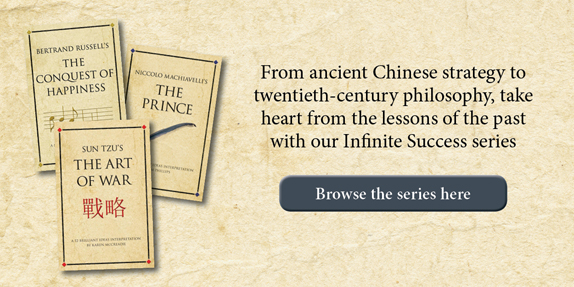The astute PR of the second royal baby
9 September 2014 by Catherine Holdsworth in Book publishing, Current events
By now we hope that you’ve come back down to earth from the news that Kate Middleton (or Catherine, Duchess of Cambridge) is with child once again. Hooray, not long after Prince George took his first steps, his mother is providing him with a sibling to play with. How delightful.
 At the Infinite Ideas office in Oxford yesterday, we were sorry not to catch a glimpse of the royal car driving past carrying Prince William. Nevertheless, while we wish Kate many congratulations and hope that her morning sickness does not continue too long, we can’t help but think there’s something rather well timed about this announcement.
At the Infinite Ideas office in Oxford yesterday, we were sorry not to catch a glimpse of the royal car driving past carrying Prince William. Nevertheless, while we wish Kate many congratulations and hope that her morning sickness does not continue too long, we can’t help but think there’s something rather well timed about this announcement.
Of course, we’re not suggesting that Kate was under strict instructions from the queen to get pregnant again before the Scottish referendum but the announcement has come at a very good time for the United Kingdom. At the eleventh hour, with Scotland firmly in the ‘Yes’ camp, the happy news of the new royal baby is likely to have filled those hardened Scottish voters with joy and nostalgia for the 2012 Olympics, the royal wedding, and the Jubilee.
Tim Phillips’ analysis of Niccolo Machiavelli’s The Prince highlights the importance of PR in cultivating an image and preserving a brand.
If you’re cynical, you might say that public relations is 100% dedicated to creating the image that you’re more virtuous than you really are. This is a lie, as I’m sure all of you who work in public relations would agree. The figure is no more than 90%; the other 10% is spent at lunch.
As a guide to how public relations can change your life, there can be no better publication than Flat Earth News, by veteran reporter Nick Davies. His disgust at the way that PR companies create ‘AstroTurf’ groups (these are ones with fake grass roots), will have 98% of his readers throwing his book across the room in outrage. AstroTurf groups have neutral-sounding names like ‘Americans for Constitutional Freedom’ (promoting pornography, in actual fact), ‘Americans Against Unfair Gas Taxes’ (promoting the oil business), or the ‘Tobacco Institute’ (which is for the right to smoke – promoted by the tobacco industry). They also have the financial backing of the companies who stand to gain from their activism.
The other 2% of readers who didn’t throw his book to one side in disgust, but who immediately thought, ‘that’s interesting, I could use that’ have the sort of leadership potential that Machiavelli could work with. He would have agreed with the rather straightforward title of a conference that Davies quotes in his book. It was for the PR business, and was called ‘Shaping Public Opinion – If You Don’t Do It, Someone Else Will’.
Not only that, but they’ll make money by doing it.
Public relations is a truly Machiavellian force in the real sense of the word. It is dedicated to achieving and preserving power for the people it serves, independently of the values of ‘wrongness’ or ‘rightness’ that are attached to their clients. It’s a bit rich to disagree with public relations because it earns a large amount of money to promote things you find unacceptable. The thing is, the people you might agree with are doing this PR stuff too. They have to. There isn’t a powerful person out there who isn’t shaping his or her public perception using highly paid professionals. The same is true of organisations, from commercial companies to not-for-profit bodies and charities. Environmental campaigners do it to save the planet, singers do it to get a recording contract, car manufacturers do it to sell cars. Your competition does it. You need PR.
The best public relations isn’t fiction, remember. It’s selective reporting of the truth, designed to highlight your virtues and distract attention from your weaknesses. If you’re not interested in getting a piece of that, you’re not really interested in power.

